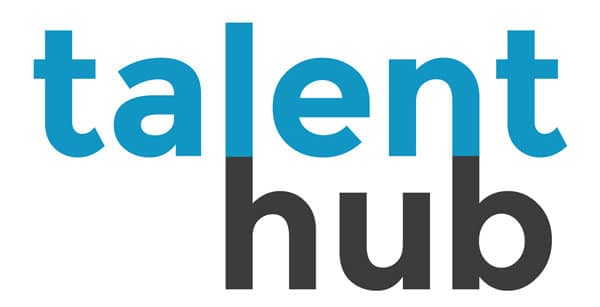Let’s look at what we consider to be ineffective ways of establishing the budget for your Salesforce vacancy….
Trusting salary surveys
These are one of our personal pet hates, as we don’t think you can simply bucket a Salesforce professional by years of experience, or the title they hold at a company, as there are many variables to consider. Saying that a candidate with “0-2 years Salesforce experience” is junior, or someone with “5 + years experience” is senior, is crazy because there is no context.. and that’s why you shouldn’t base your budget on what you see on a survey.
Simply matching what you paid the last person in the role
What you paid a previous employee does not reflect what you need to pay now, to secure an equally skilled candidate. The previous employee may have left for more money, as you may have been paying them in line with the skills they had 12 + months ago.
Seeking consistency with other skill sets
It’s likely that Salesforce salaries have increased more rapidly than some of the other skill sets you have in your business. This means that you can’t expect to attract a top Salesforce Developer for the same amount you are paying a .Net Developer (as an example… sorry .Net Developers), just because they are both Developers.
And so what would be a more effective alternative?
Speak to people in the market
We advise that a you do this to understand what is happening right now, rather than making or accepting decisions based on outdated information, and without all of the information that you need.
Because often a client will engage a Recruiter after they have gone and had the budget approved, rather than getting the most up to date market information before they formalise the budget. This makes your job more challenging.
A lot of the time, our first conversation with a client is telling them that their budget is too low for the skills that they are seeking. There really is a huge amount of variation between what different companies are willing to pay, but that in itself is valuable information to know.
As an example, if a large % of the Salesforce Developers in Melbourne want to be contractors, then that is important to know when you are trying to attract a permanent member of staff and may impact the salary that you need to pay to attract someone, but you only get this information by speaking to people in the market.
We hope this insight gives you an effective starting point when you next have a Salesforce vacancy and are setting an appropriate budget.


